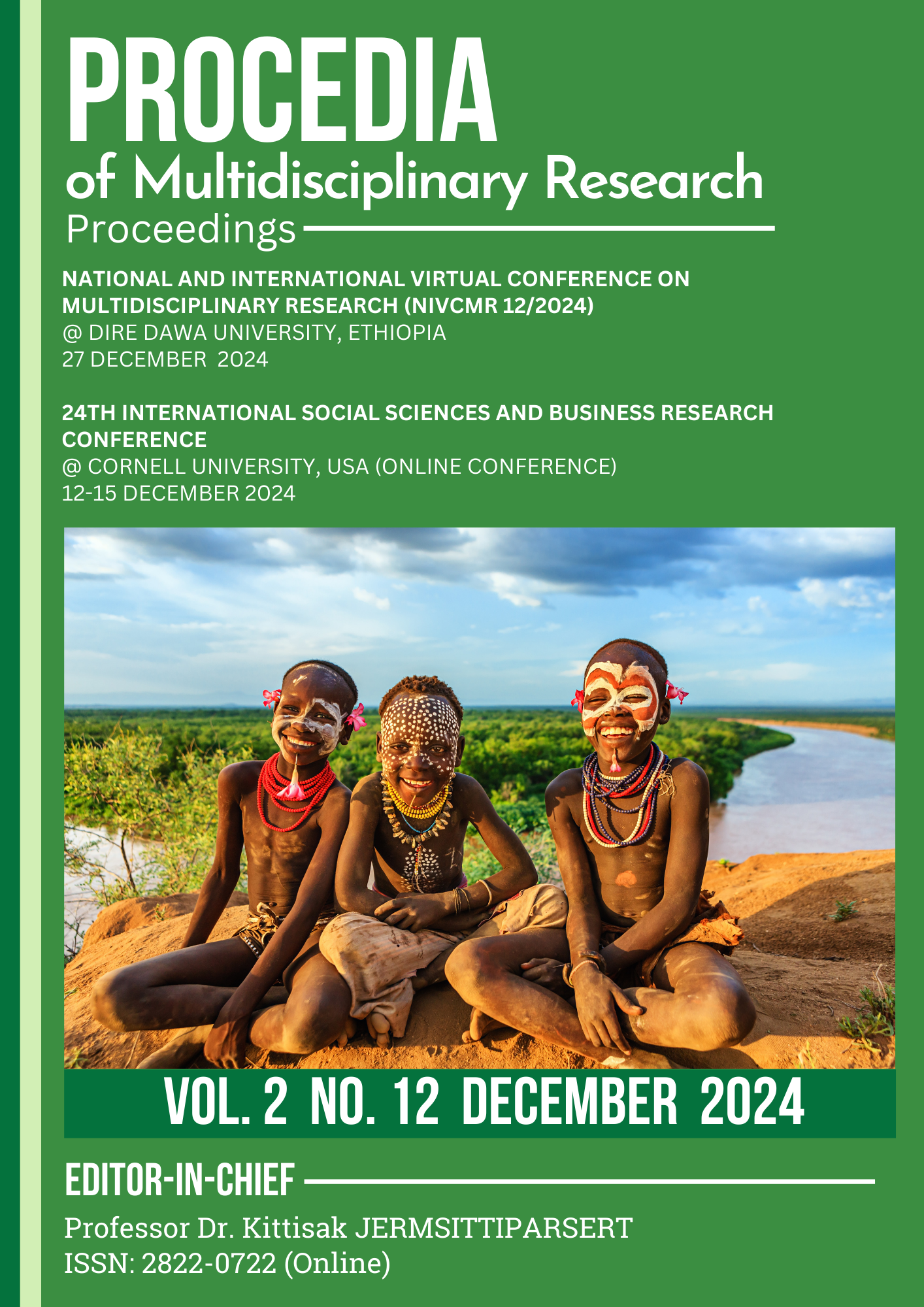CULTURAL IDENTITY OF WUXI, CHINA: EXPLORING AESTHETIC EXPRESSIONS THROUGH LIFESTYLE AND ARCHITURAL HERITAGE FOR TOURISM PRODUCT DESIGN
Abstract
The rapid development of global tourism has heightened the focus on integrating cultural heritage into the design of local tourism souvenirs, particularly in Wuxi, a city emblematic of Jiangnan's historical and aesthetic legacy. This research aims to explore the cultural identity of Huishan, Jiangsu Province, China, and analyze the main cultural features of Wuxi, including its ancestral hall traditions, traditional crafts, folk festivals, religious practices, and architectural adornments, and to explore the symbolic meaning embedded within these cultural elements as expressed in local religious and secular art. Through qualitative research methods, including field studies, literature analysis, and expert interviews, the study examines key visual symbols in Wuxi's lifestyle and architectural heritage. The research results found that Wuxi's cultural identity is deeply rooted in family reverence, aesthetic sophistication, and symbolic representation of well-being, which are effectively reflected in architectural details, festive customs, and artisan craftsmanship. The findings demonstrate that Wuxi's nuanced cultural expressions can serve as a rich resource for tourism product design, promoting both cultural continuity and market competitiveness. This research provides insights into translating regional aesthetics into tangible products, enhancing the cultural appeal of Wuxi's tourism offerings while fostering a broader understanding of Jiangnan's unique heritage.
Downloads
Published
Issue
Section
License

This work is licensed under a Creative Commons Attribution-NonCommercial-NoDerivatives 4.0 International License.







.png)


